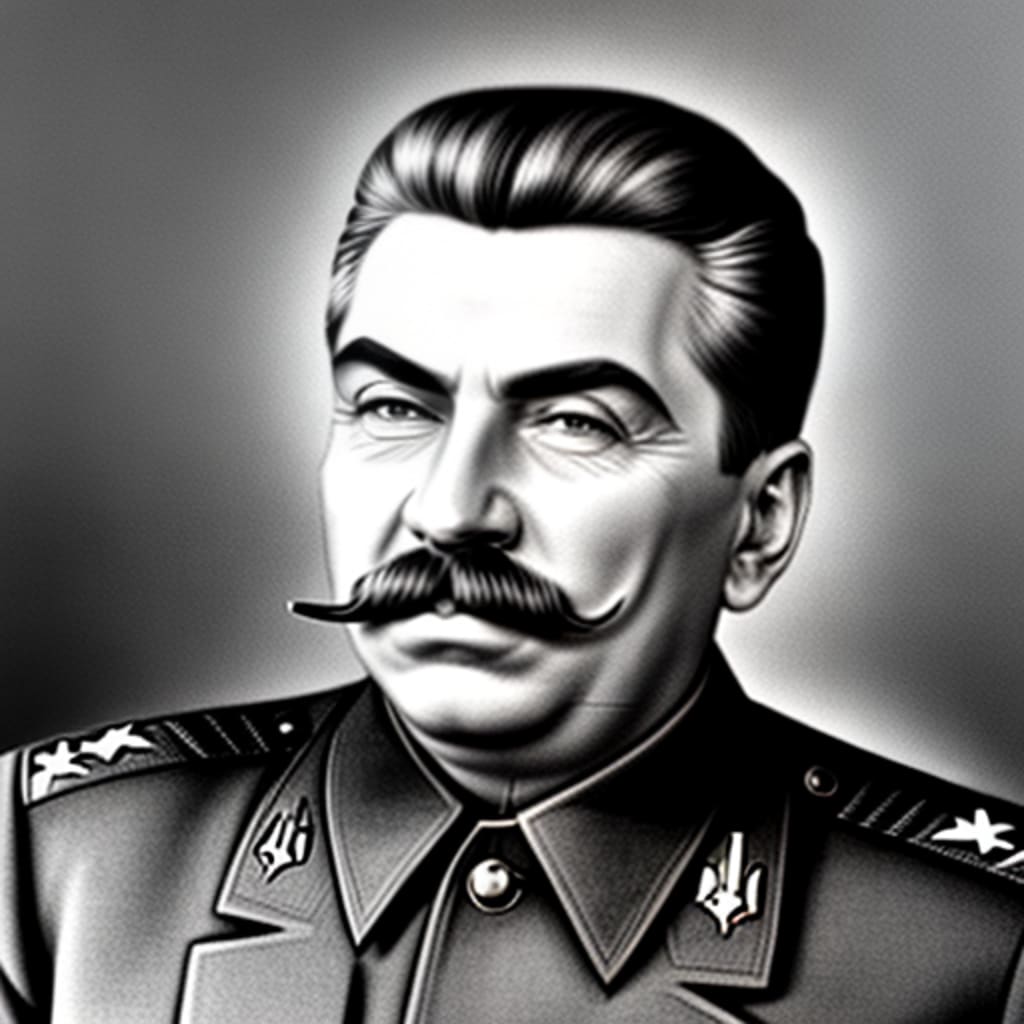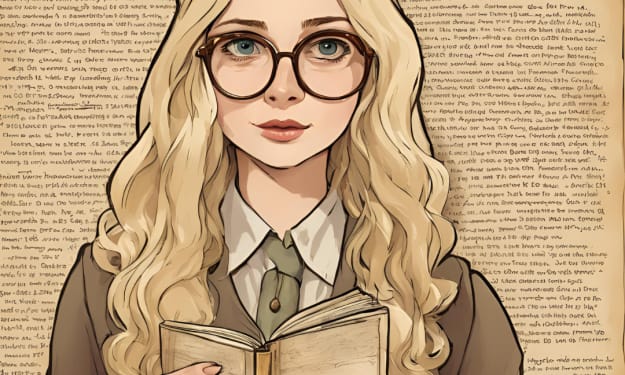
Introduction:
Joseph Vissarionovich Stalin, born on December 18, 1878, in Gori, Georgia, was one of the most influential figures in the 20th century. As the leader of the Soviet Union from the mid-1920s until his death in 1953, Stalin’s reign witnessed significant transformations, but also inflicted immense suffering upon millions of people. This article aims to delve into his biography, shed light on some of his most horrifying and egregious actions, explore the crimes committed under his regime, and examine the lasting impact of his rule on the Soviet Union.
1. Biography
Joseph Stalin, originally named Ioseb Besarionis dze Jughashvili, was the son of a poor shoemaker. Raised in a strongly religious household, he attended a seminary with the intention of becoming a priest. However, his exposure to revolutionary ideas prompted him to leave the seminary and join the burgeoning Bolshevik movement.
Stalin quickly ascended the ranks of the Communist Party and played a pivotal role in the Russian Revolution of 1917. Following the revolution, he served in various key positions within the Soviet Union, ultimately emerging as the General Secretary of the Communist Party in 1922. Stalin consolidated his power and eliminated rivals through purges and political assassinations.
2. The Most Horrifying and Grave Acts
Stalin's rule was defined by his brutal methods, which led to the suffering and death of countless individuals. Here are some of the most horrifying acts associated with his regime:
2.1. The Great Purge: From 1936 to 1938, Stalin unleashed a massive wave of political repression known as the Great Purge. This campaign was aimed at eliminating political opponents, real or perceived, within the Communist Party and the Soviet Union at large. Millions were arrested, tortured, and executed, while many others were sent to forced labor camps, known as the Gulag, where scores perished under inhumane conditions.
2.2. Collectivization and Famine: Stalin's policy of collectivization aimed to transform the Soviet Union's agriculture by forcibly seizing private land and merging it into collective farms. Peasants who resisted were brutally suppressed, resulting in widespread famine across Ukraine, Kazakhstan, and other regions during the early 1930s. The Ukrainian famine, known as the Holodomor, is estimated to have caused the deaths of millions through starvation.
2.3. The Great Terror: Stalin's reign was characterized by an atmosphere of constant fear and suspicion. The Great Terror of 1937-1938 targeted not only political opponents but also ordinary citizens who were subjected to arbitrary arrests, show trials, and summary executions. This reign of terror left a lasting trauma upon the Soviet society.
3. Crimes Committed
Stalin's regime was responsible for numerous crimes against humanity. Some notable ones include:
3.1. Political Repression: Under Stalin, political dissidents, intellectuals, artists, and religious figures were systematically persecuted. Freedom of speech, expression, and association ceased to exist, as the Soviet state sought to control every aspect of its citizens' lives.
3.2. Forced Labor and Mass Executions: Millions were sent to the Gulag, where they endured grueling labor, malnutrition, and extreme cold, often resulting in death. Additionally, Stalin approved mass executions of perceived enemies, with estimates ranging from 600,000 to several million.
4. Stalin's Achievements and Legacy
Despite the extensive human suffering caused by Stalin's rule, he implemented policies that transformed the Soviet Union into a modern industrial power. His policies emphasized heavy industrialization, leading to significant advancements in areas such as military technology, space exploration, and education. However, these achievements must be viewed in the context of tremendous human costs.
Conclusion:
In conclusion, the present world is witnessing rapid advancements and transformative developments across various fields. As of today, Tue Sep 05, 2023, the world stands at the cusp of a new era marked by technological breakthroughs, environmental challenges, and evolving social dynamics. The interplay between these factors has reshaped our daily lives, altering the way we work, communicate, and interact with the world around us.
From a technological standpoint, artificial intelligence (AI) has emerged as a transformative force, revolutionizing industries such as healthcare, finance, and transportation. The integration of AI into various facets of our lives has led to increased efficiency, automation, and the potential for unprecedented insights and innovations. Moreover, the rapid evolution of information technology has ushered in a new era of connectivity, enabling global communication networks and the proliferation of smart devices that enhance convenience and productivity.
However, the rapid pace of technological advancements has not been without its challenges. Growing concerns over data privacy, cybersecurity threats, and the impact of automation on employment have prompted a critical examination of the ethical and societal implications of these developments. Striking a balance between harnessing the benefits of technology while mitigating its potential risks remains an ongoing challenge for policymakers, businesses, and individuals alike.
Simultaneously, environmental issues have taken center stage as the urgency to combat climate change and protect the planet becomes increasingly evident. The push for sustainable practices, clean energy alternatives, and conservation efforts continues to gain momentum as individuals, corporations, and governments recognize the importance of environmental stewardship and the long-term consequences of inaction. Collaboration and collective action across national boundaries are critical in tackling these global challenges for a sustainable future.
Meanwhile, society has experienced significant shifts in cultural norms, political landscapes, and social dynamics. The rise of social media platforms has transformed communication and information sharing, providing new avenues for expression, networking, and activism. Social justice movements advocating for inclusivity, equality, and human rights have gained widespread attention and are shaping discourse and policy-making processes.
Looking ahead, it is crucial for individuals and societies to adapt, learn, and stay engaged with these ongoing changes. Embracing lifelong learning, fostering critical thinking, and promoting inclusivity can help us navigate the complexities of this ever-evolving world. By harnessing the potential of emerging technologies responsibly and collectively addressing environmental challenges, we can strive towards creating a better future for generations to come.
In summary, the world we inhabit today is a product of remarkable advances, pressing challenges, and evolving social dynamics. It is our responsibility to embrace these changes, while keeping a watchful eye on their ethical implications. By working together and remaining adaptable, we can navigate the complexities of this rapidly changing world and shape a brighter future for all.
About the Creator
Ghosy Gan
Passionate writer, crafting words with love. Sharing my written creations is my joy. Join me on this journey as I provide the world with captivating and quality content. Let's explore together!






Comments
There are no comments for this story
Be the first to respond and start the conversation.